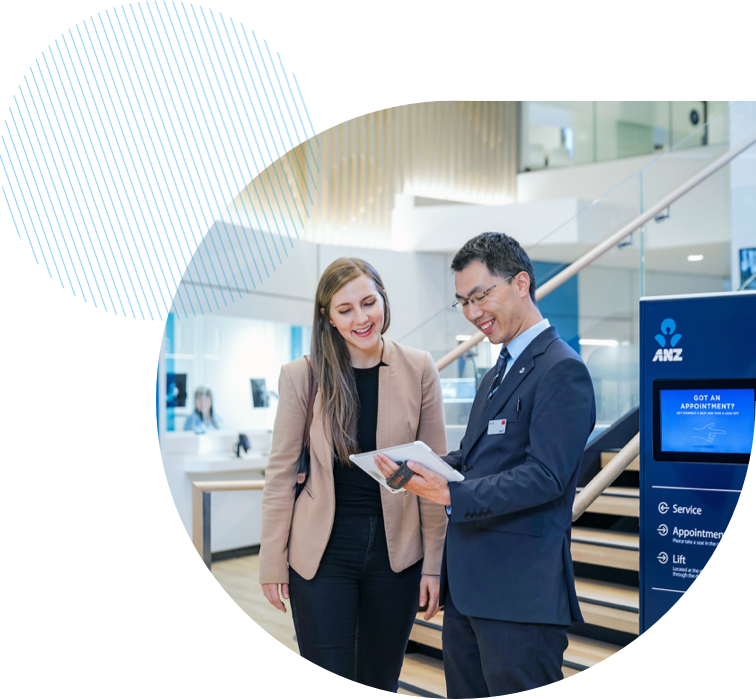 A focus on fair and responsible banking
A focus on fair and responsible banking
Through our annual materiality assessment we engage with internal and external stakeholders to inform our identification of ESG risks and opportunities. We seek to identify those issues that have the most potential to impact our ability to operate successfully and create value for our stakeholders.
These issues may change over time, reflecting changes in our business and external operating environment and the expectations of stakeholders. We use the results of the assessment to inform our strategy.
This year, we focused our assessment solely on fairness and ethical conduct, which has been ranked as our most material issue for the last three years. Specifically, we sought external stakeholder views on the actions we are taking following the Royal Commission into Misconduct in the Banking, oSusptemranantueartiaonliasns dues icons Financial Services Industry (the Royal Commission).
Stakeholders provided us with three key insights:
- They expect us to focus on long-term value creation, not short-term profit maximisation;
- While the actions we have taken to date in response to the Royal Commission are considered good and necessary, they want us to do more. In particular, they expect Board and management to demonstrate customer-centric actions in line with the ‘spirit’ of the Royal Commission’s findings; and
- They see a broader role for the Board in overseeing conduct and culture and an expectation that real and lasting change happens ass a result of the Royal Commission.
These insights were presented to the Board Ethics, Environment, Social and Governance Committee, the management Ethics and Responsible Business Committee and the management Royal Commission and Self-Assessment Oversight Group, and are informing our continuing work on improving customer outcomes.
We have drawn on our 2018 materiality assessment to help guide the content of this report. After fairness and ethical conduct, stakeholders ranked the following four issues (risks or opportunities) as having the most potential to impact our value creation in the short, medium and long-term.
 Fraud and data security: ensuring we have strong internal controls and risk management frameworks in place is critical as a breach could significantly impact the bank’s operations and reputation.
Fraud and data security: ensuring we have strong internal controls and risk management frameworks in place is critical as a breach could significantly impact the bank’s operations and reputation. Customer experience: ensuring a positive customer experience is key to delivering sustainable business performance in the long-term.
Customer experience: ensuring a positive customer experience is key to delivering sustainable business performance in the long-term. Corporate governance: organisations with strong corporate governance processes and policies in place are likely to perform better in the long-term.
Corporate governance: organisations with strong corporate governance processes and policies in place are likely to perform better in the long-term. Digital Innovation: core to our strategy and a key factor in driving positive customer experience.
Digital Innovation: core to our strategy and a key factor in driving positive customer experience.
 Cafe partnership helping to break the cycle of disadvantage
Cafe partnership helping to break the cycle of disadvantage 